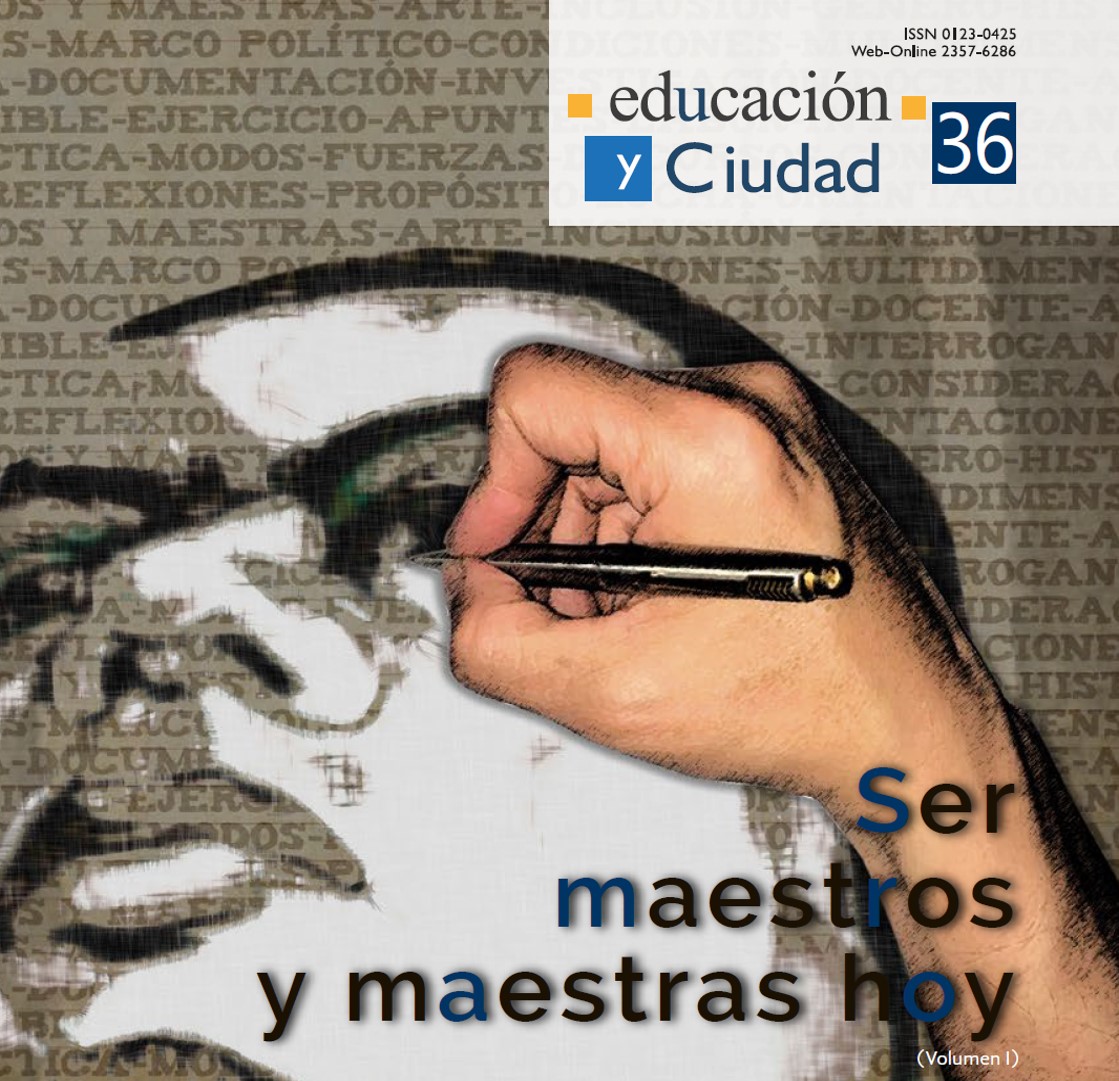Evaluación de impacto del programa de formación docente en Bogotá
El artículo examina el impacto del programa de formación de docentes llevado a cabo por la Secretaría de Educación de Bogotá. El análisis cuantitativo muestra que no hay una relación directa entre la formación de los docentes y las variables dependientes más usuales (logro, deserción, repitencia…)....
Bibliographic Details:
Educación y Ciudad Núm. 36 (2019): Ser maestros y maestras hoy (enero-junio); 93-104
Instituto para la Investigación Educativa y el Desarrollo Pedagógico - IDEP
, , , , , , , ,
Article
spa
Instituto para la Investigación Educativa y el Desarrollo Pedagógico - IDEP
2019
10.36737/01230425.v1.n36.2019.2136
| Summary: | El artículo examina el impacto del programa de formación de docentes llevado a cabo por la Secretaría de Educación de Bogotá. El análisis cuantitativo muestra que no hay una relación directa entre la formación de los docentes y las variables dependientes más usuales (logro, deserción, repitencia…). Y desde la perspectiva cualitativa, se le preguntó al docente formado (llamado el actor) y a su par (llamado el censor), por su percepción sobre el instrumento (la formación) y los resultados obtenidos. En general, la evaluación que se hace del programa es muy buena, pero se observa falta de capacidad institucional para aprovechar los beneficios de la formación docente.The article examines the impact of the Teacher Training Program carried out by the Secretariat of Education of Bogotá. The quantitative analysis shows that there is no direct relationship between teacher training and the most usual dependent variables (achievement, dropout, repetition). From a qualitative perspective, the trained teacher (called the actor), and his peer (called the censor), were asked about their perception of the instrument (the training) and the results obtained. In general, the evaluation of the program is very good, but there is a lack of institutional capacity to take advantage of the benefits of teacher training. |
|---|---|
| ISSN: | 2357-6286 0123-0425 |
| DOI: | 10.36737/01230425.v1.n36.2019.2136 |

